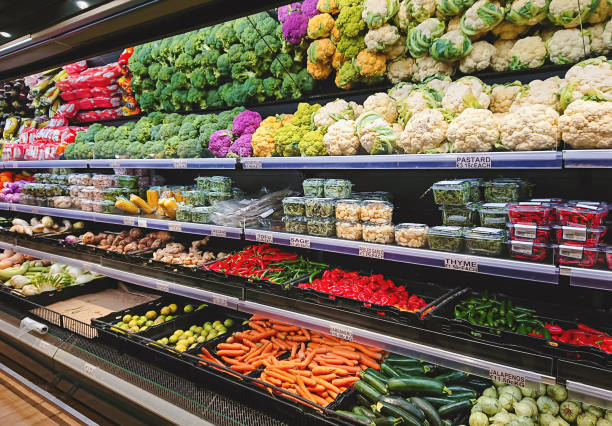Scrub, soak, or skip? The best way to clean fruits and vegetables
Washing produce: Essential but not foolproof

SHAH ALAM - In today's world, concerns about pesticide residues on fruits and vegetables are increasingly prevalent.
With mounting evidence linking pesticide exposure to various health issues, many consumers are seeking ways to reduce their intake of these potentially harmful chemicals.
According to The Guardian, recent analysis by Consumer Reports offers valuable insights into minimising pesticide exposure when purchasing fruits and vegetables.
The report suggested opting for produce with the lowest pesticide risk and considering organic options for those with higher risk levels.
One common question that arises is whether washing produce can effectively remove pesticides.
Let's delve into this issue and explore strategies for eating fewer toxic chemicals:
1. Does washing remove pesticide residues?
While washing can remove some pesticide residues, it's not a foolproof solution.
According to the report, the US Department of Agriculture (USDA) washed and sometimes peeled foods before testing for pesticides, mirroring consumer practices.
Therefore, it's essential to thoroughly wash produce under cold water for 15 to 20 seconds before consumption or cooking.
Although cooking may eliminate some pesticides, washing remains crucial. Gentle scrubbing with a soft brush is recommended for items like apples, carrots, and potatoes.
2. What about special washes or rinses?
Contrary to popular belief, water alone is sufficient for washing produce.
There's limited evidence to support the effectiveness of soaps or special rinses in removing pesticide residues.
The USDA does not use detergents or bleaches in its testing procedures.
3. Does peeling or not eating skins help?
Peeling certain fruits and vegetables may reduce pesticide residues, but it's not a guarantee, as some pesticides are absorbed into the plant.
However, removing skins eliminates valuable nutrients and fiber. Therefore, if you enjoy eating the skins, it's advisable not to discard them solely to avoid pesticides.
4. Are canned or frozen versions safer?
The safety of canned or frozen produce varies depending on the item.
For instance, canned tomatoes may have a lower pesticide risk compared to fresh ones, while frozen strawberries could pose a higher risk.
There's no definitive answer regarding which form is safer, but Consumer Reports' ratings can provide insights into lower-risk options.
5. Is 'pesticide-free' equivalent to organic?
The term "pesticide-free" is not regulated and does not guarantee organic production.
To ensure organic standards, look for certified labels adhering to national organic farming practices and minimal pesticide usage, if any.
6. Is produce from farmers' markets safer?
While locally grown produce may be perceived as safer, it's not necessarily organic.
Engaging with farmers about their farming practices can provide insight.
Download Sinar Daily application.Click Here!















